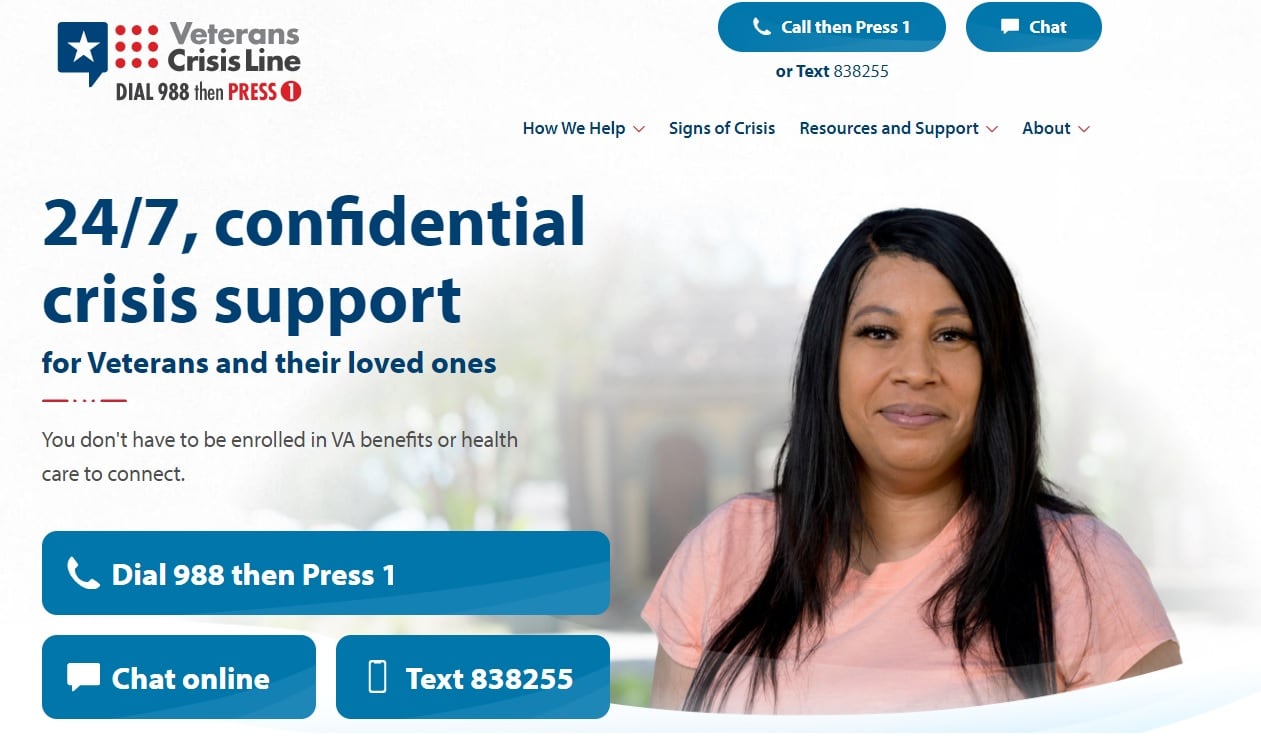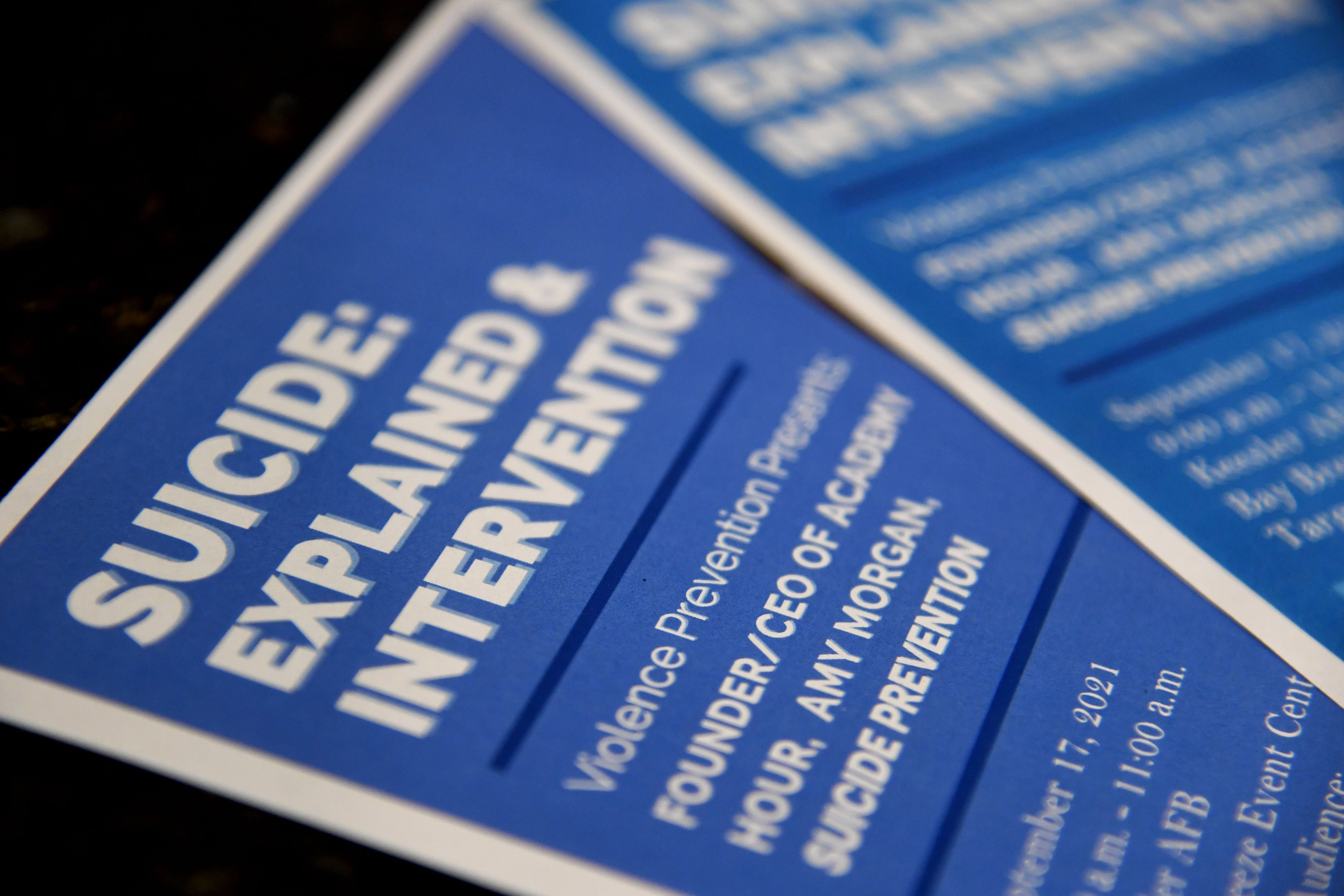Defense Department officials would be required to better track whether certain military jobs lend themselves to higher incidents of mental health distress and suicide attempts under language inserted in the Senate’s annual defense authorization bill draft.
The provision’s sponsor — Sen. Angus King, I-Maine — calls the idea a common-sense move to get as much information as possible to understand and prevent why some troops and veterans consider self harm.
“I know [military researchers] have got data by service and sex and everything, but I’ve never heard or seen anything related to job specification,” he said in an interview with Military Times.
“It seems like something we need to know. If you’re seeing similarities in job titles and job responsibilities, then you know where to focus the attention.”
RELATED

The effort already has received backing from members of the Senate Armed Services Committee and comes as military officials have seen some positive recent signs from past suicide prevention programs.
Army and Marine Corps officials have reported 72 suicides among service members so far in 2022, down more than 10% from the same time in 2021. Navy, Air Force and Space Force officials have not publicly released midyear figures.
Still, more than 3,400 active-duty and reserve troops have died from suicide since the start of 2015. For comparison, fewer than 2,500 service members were killed in 20 years of combat operations in Afghanistan.
Defense Department and Veterans Affairs officials have made suicide prevention a top clinical priority in recent years, including collecting better data on the individuals who die.
King said his provision is the next logical step in that work.
“There is a high level of interest in the subject, but in my view that interest has been more generalized and not really focused as finely as it should be,” he said. “I don’t know what this additional information is going to show, but we need to look at it.”
RELATED

King said the amendment stems from a conversation he had with a veteran in his district about mental health care and stressors in the military.
Military leaders would have more than a year to provide job data related to suicides under the language approved by senators, but King said he is hopeful officials can produce the information sooner.
The House version of the annual defense authorization bill — approved by a 329-101 bipartisan vote — does not contain the same suicide data language. King is optimistic that lawmakers there will support the idea after it goes to inter-chamber negotiations later in 2022.
“Knowing more will help us do more, rather than just saying, ‘suicide is a problem,’” he said.
Troops, veterans and family members facing a mental health crisis can call 988 or 1-800-273-8255 to reach the Veterans Crisis Line for around-the-clock emergency help (press 1 after connecting for faster access). Individuals can also text 838255 or visit VeteransCrisisLine.net for alternate ways to reach counselors.
Leo covers Congress, Veterans Affairs and the White House for Military Times. He has covered Washington, D.C. since 2004, focusing on military personnel and veterans policies. His work has earned numerous honors, including a 2009 Polk award, a 2010 National Headliner Award, the IAVA Leadership in Journalism award and the VFW News Media award.





